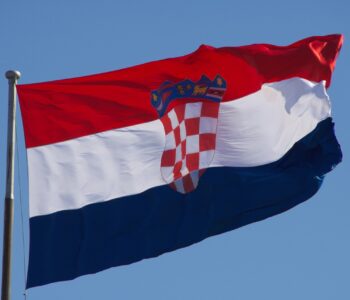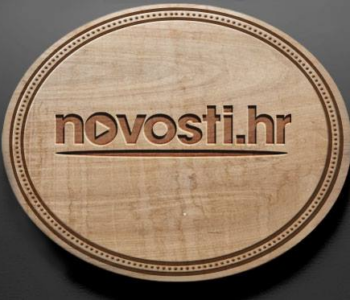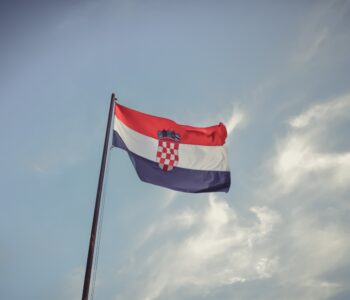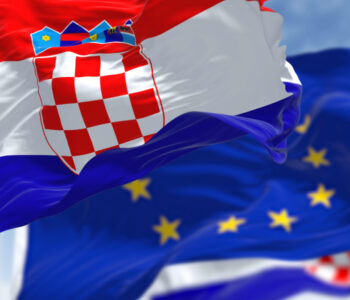2024 will be a big election year in Croatia. Voting takes place in June to renew the European Parliament, in September to elect the Sabor and in December to choose the new President of the Republic. This “super izborna godina” – or “super election year” as the Croatian press has already christened it – is a crucial moment for the country. The new political balance will be decided in the next twelve months and the results will also influence the local elections to be held in 2025.
In short, the stakes are very high and the Association of Croatian Journalists (HND) looks with concern at the latest changes in the Croatian media landscape, which is under ever greater pressure. Between changes of ownership and controversial relations between power and journalists, the independence of the local press is crumbling.
The latest scandal
2023 ended in Croatia with a political scandal. Yet another “afera” cost the conservative government of Andrej Plenković (HDZ) another minister, without however unseating the prime minister, who has been in power since 2016. The affair concerned precisely the relationship between power and the press.
Some wiretaps published by the weekly Nacional revealed that Jurica Lovrinčević, an advisor to the Minister of Economy Davor Filipović, offered public money to a local television with the promise of dividing part of the sum between some television presenters and Lovrinčević himself.
Following the revelations, an investigation was opened and Plenković fired both the advisor and minister Filipović. The scandal, which broke out in mid-December, monopolised the Croatian media for several days, but in the end the prime minister succeeded in yet another slalom and replaced the 30th minister in seven years without striking a blow.
Sitting at a table in a bar in central Zagreb, Hrvoje Zovko shrugs. “There is nothing new in this scandal”, says the president of the Association of Croatian Journalists (HND). “What has emerged is worrying, but it has been the HDZ’s modus operandi for decades”, explains Zovko, according to whom “the Croatian media are being captured and with the election year approaching, there will be even greater pressure on the Croatian press”.
Croatia has just under four million inhabitants and has a varied media landscape, albeit weakened by the economic crisis. There are over 150 registered radio stations in the country and over 30 televisions, not to mention the dozens of newspapers printed at national and regional level and the many portals. However, editorial offices are often understaffed and overworked, and in this context public funding plays a decisive role.
A new relationship between power and the press
“We are not against public funding of the press and we do not want to deprive institutions, municipalities or regions of the right to advertise in the media, but we cannot continue like this. We need a public fund for journalism with clear rules and sanctions for those who do not respect the code of ethics. We must clearly separate advertising from journalism”, continues Hrvoje Zovko.
In 2022, the Association of Croatian Journalists created a transparent media financing model and is now presenting it to municipalities and regions with the hope that they will join the initiative. “Makarska and Split have already accepted, Zagreb and Pazin have adopted the model almost completely and now we are discussing with Karlovac, Virovitica, Slavonski Brod…”, concludes the HND president.
The new financing model should avoid the many small abuses that are regularly recorded in Croatia and which often do not get the visibility of the Lovrinčević case. For example, the mayor of Valpovo in Slavonia invented a newspaper distributed free of charge in every home and of which the mayor himself is the editor-in-chief and main protagonist of the articles.
A similar scenario occurred in Čađavica near Virovitica: here the mayor achieved the record of producing a 16-page newspaper with as many photos of himself. The incorrect use of advertising financed with public money often becomes an instrument of pressure by the authorities on the local press, whose survival is sometimes linked to these funds.
But the opposite also happens, that is, a local media asks the municipality for money to cover the local city council and otherwise deserts it. In any case, we end up with a weakened local press, not very independent and at the mercy of local power.
Media Solutions and the assault on the local press
But while experts from the Association of Croatian Journalists travel far and wide across the country to promote a more virtuous model of relations between local administrations and the press, power continues to grab the media at all levels.
The most striking case is that of Media Solutions, a company founded in 2017 in Osijek and which will soon control four important local newspapers: the Novi List in Rijeka, the Zadarski List in Zadar, the Glas Slavonije in Osijek and the Glas Istre in Pula. Chiara Bilić, a long-time journalist at Glas Istre and now employed at the new portal Istra24 , has written on several occasions about the background to this earthquake in the world of Croatian publishing.
The two co-owners of Media Solutions, writes Bilić, are Bojan Divjak – nephew of Vladimir Šeks, one of the founders of HDZ – and lawyer Oleg Uskoković, who in 2017 donated around 5,000 Euros to the electoral campaign of Damir Habijan, at the time HDZ mayoral candidate and the new Minister of Economy for a few days in place of Davor Filipović. According to Chiara Bilić, “the HDZ takes control of regional newspapers through a venture by Šeks’ nephew and a generous donor of Damir Habijan’s”.
However, the ownership of Media Solutions is not the only problem in this matter. The entire operation that will lead to the merger of the Novi List and Glas Slavonije group is in fact unclear.
Drago Hedl was editor-in-chief at Glas Slavonije in 1991, when young Bojan Divjak joined the paper. “He was a good journalist at the time”, recalls Hedl, reached by phone while he drives through Slavonia. “I don’t know how his company managed to buy these newspapers”, continues the famous journalist. “After his experience at Glas Slavonije, Divjak worked at Slobodna Dalmacija and Vjesnik before it closed. He then ended up at Narodne Novine (the publisher of the Croatian Official Gazette) and then returned to Osijek as editor-in-chief and co-owner”, summarises Drago Hedl.
“Who owns the media is an often unclear question in Croatia”, says the journalist and writer. While Glas Slavonije, with an editorial team now counting “less than thirty journalists”, is often late in paying salaries (“minimum figures”, comments Hedl), a company born from nothing and without employees – Media Solutions – will soon control four outlets. “And it’s all happening right now, on the eve of the elections…”, mutters Drago Hedl at the wheel.
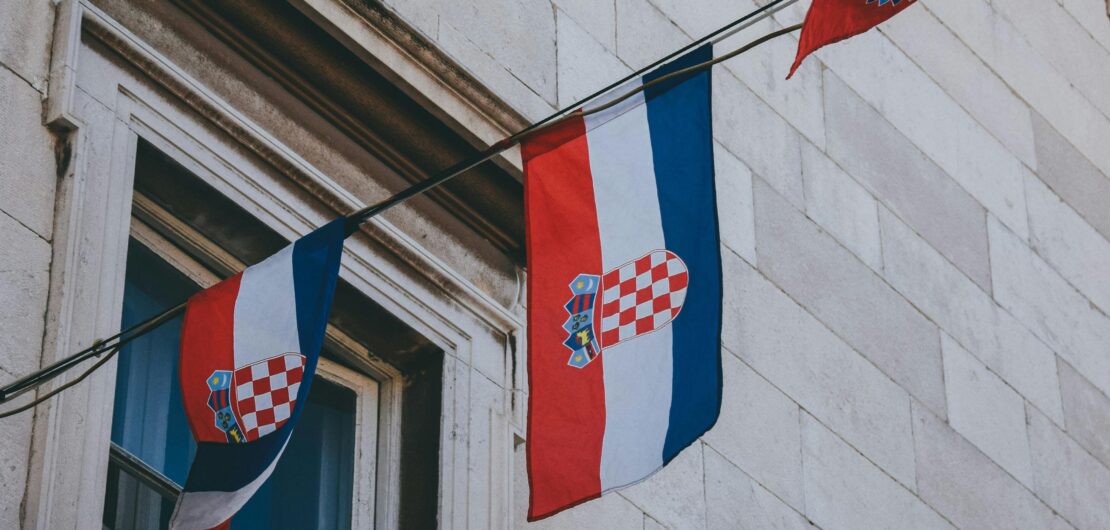 Library
Library

